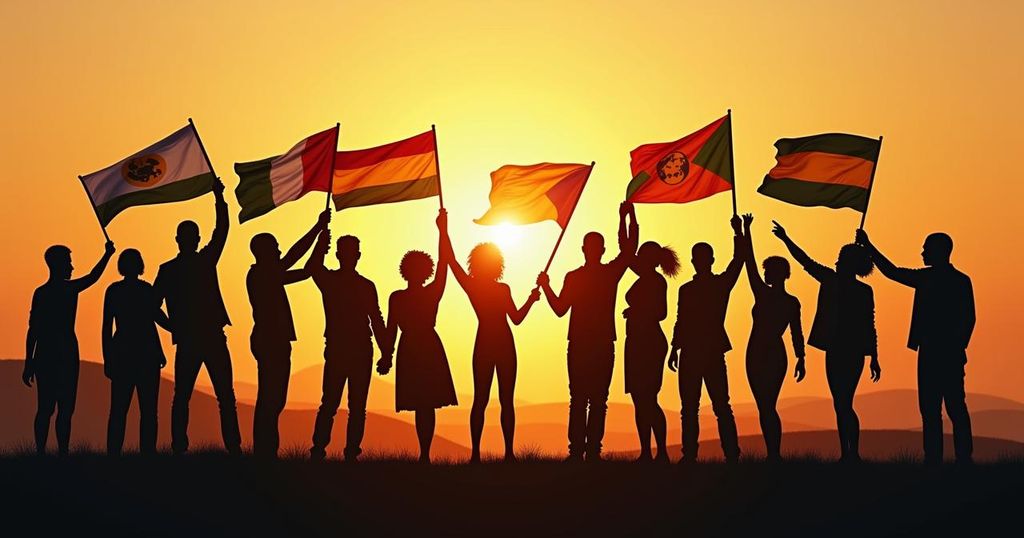The EBID is devoted to continuing its financial relations with Mali, Niger, and Burkina Faso amidst political tensions within ECOWAS. Despite the three nations considering an exit from ECOWAS to form the AES, the bank underscores the significance of repayment obligations. President Dr. George Agyekum Donkor reiterated that their repayment status remains unaffected by political decisions, framing the bank’s role as a neutral financial entity.
The Economic Community of West African States (ECOWAS) Bank for Investment and Development (EBID) has declared its commitment to maintaining strong financial relations with Mali, Niger, and Burkina Faso, despite the ongoing political tensions within ECOWAS. This announcement comes at a crucial time as these three nations, which are part of the newly formed Alliance of Sahel States (AES), contemplate exiting from ECOWAS. Dr. George Agyekum Donkor, President of EBID, expressed this determination during the 89th Ordinary Session of the Bank’s Board of Directors held in Lomé on October 1, 2024. Dr. Donkor emphasized the continued commercial ties with the Sahel Alliance member countries, noting, “Concerning Sahel Alliance member countries such as Mali, Niger, and Burkina Faso, the Bank maintains strong commercial relations with them, despite political tensions.” He highlighted that both Burkina Faso and Niger are fulfilling their loan repayment obligations, with Burkina Faso being current on its debts and Niger initiating repayment. Dr. Donkor stated, “Even if these countries decide to leave ECOWAS, this should not affect their repayment obligations, as the Bank remains a financial and not a political institution.” This view is in line with Togo’s initiative to enhance economic exchanges with these Sahelian countries, particularly in the realm of customs. Established in 1999, EBID reported an authorized capital of $3.5 billion by the end of 2023, with a majority, 70%, held by regional shareholders from the 15 ECOWAS member states. Notably, the AES contributes 6.29% of this capital, contrasting with Nigeria’s 31.24%, Ghana’s 15.71%, and Togo’s 3.43%.
The Economic Community of West African States (ECOWAS) is a regional political and economic union encompassing 15 countries in West Africa. Recently, political instability in several member states, particularly Mali, Niger, and Burkina Faso, has led to strained relations within the community, prompting these nations to form the Alliance of Sahel States (AES) as a potential exit strategy from ECOWAS. In this context, the EBID, which serves as a financial institution for development in the region, plays a pivotal role in maintaining economic ties and supporting financial stability among its member nations, regardless of the political dynamics.
In summary, the EBID demonstrates a strong commitment to maintaining financial partnerships with Mali, Niger, and Burkina Faso, despite the political climate within ECOWAS. The Bank’s focus on commercial relations and the importance of fulfilling financial obligations highlights its neutrality as a financial institution, aimed at fostering economic stability in the region.
Original Source: www.togofirst.com






